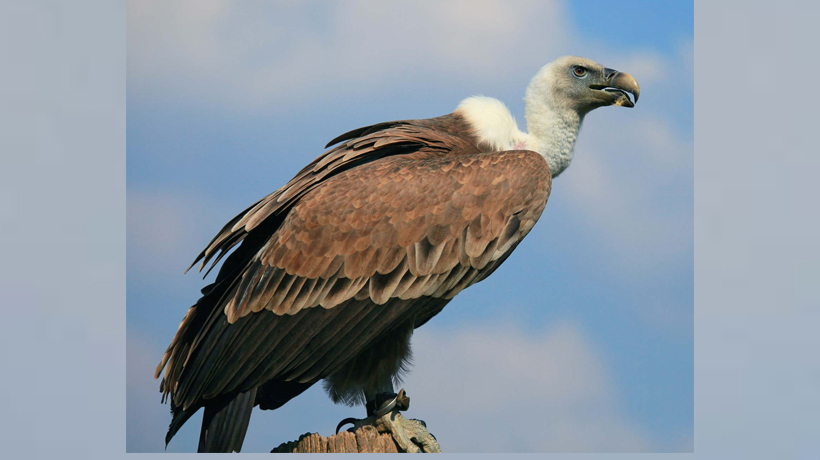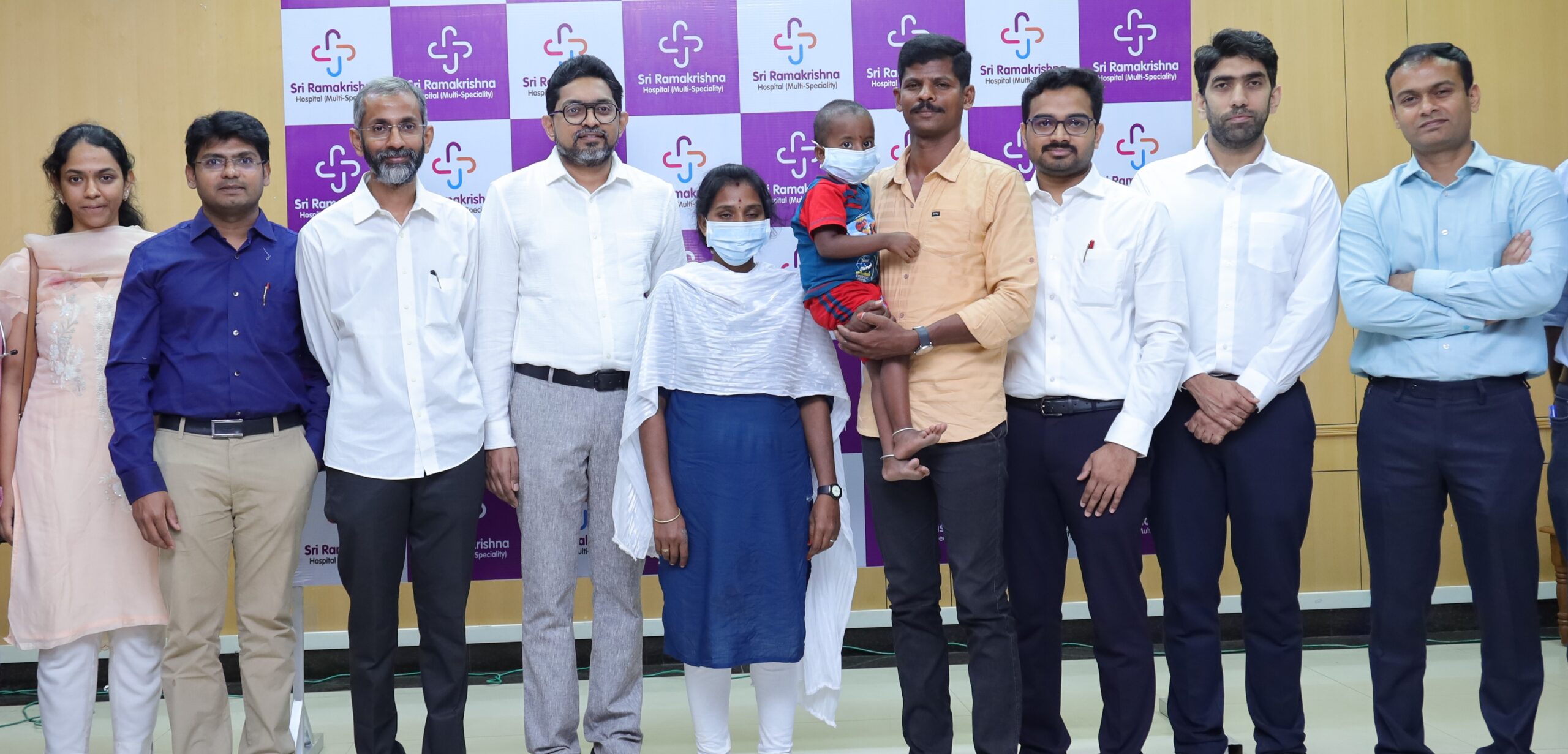Trending Now
- 830 voters names go missing in Kavundampalayam constituency
- If BJP comes to power we shall consider bringing back electoral bonds: Nirmala Sitaraman
- Monitoring at check posts between Kerala and TN intensified as bird flu gets virulent in Kerala
Coimbatore
WHERE EAGLES don’t DARE
![]() September 3, 2019
September 3, 2019
“rolling level underneath him steady air, and striding/High there, how he rung upon the rein of a wimpling wing…
the hurl and gliding/Rebuffed the big wing…”
Gerard Manely Hopkins’ description of the falcon hovering in the sky in his poem `Windhover’ was a familiar sight for all in this country, though it was the vulture, till hardly two decades ago.
But suddenly they vanished and official figures were that nearly 99 per cent of these vultures, be they the white-backed or long-billed ones, that dotted the skies in millions till the late 90s suddenly started becoming extinct, leaving a big puzzle for scientists. If assessment is right, the numbers dropped astronomically from 42 million.
Studies on how this sudden demise led to identifying the deadly drug containing diclofenac used in medicines for cattle. The carcass of cattle was consumed by these vultures, leading to their near extinction in hardly two decades.
Such a contaminant was banned and vulture numbers have been rising. But several anti-inflammatory drugs humans use have diclogenac which can lead to kidney failures, studies point out.
A centre for avian ecotoxicology was opened at SACON opened by Union Environment and Forest Minister Prakash Javadekar. It will study the movement of environmental contaminants such as pesticides, heavy metals, poly-cyclic aromatic hydrocarbons, poly chlorinated biphenyls and drugs through the food chain and look at the harmful effects they have on birds. This state-of-the-art centre is expected to be one of the top research institutes in the country dealing with a problem that is expected to turn deadly if not checked.
ALSO READ : Avian data lab gets wings
The centre has already documented the levels of contaminants in around 125 bird species, including cranes, vultures, pelicans and peafowls.
The Rs 4-crore project with the best analytical equipment is expected to be a centre of excellence to handle challenges posed by the continued entry of newer chemicals. The focus of the centre’s study will ecotoxicology research on birds. This should help in estimating the levels of a series of chemicals in pesticides, heavy metals and
drugs. This, as the Minister said, should help in framing policies protecting all forms of lives, including birds.























